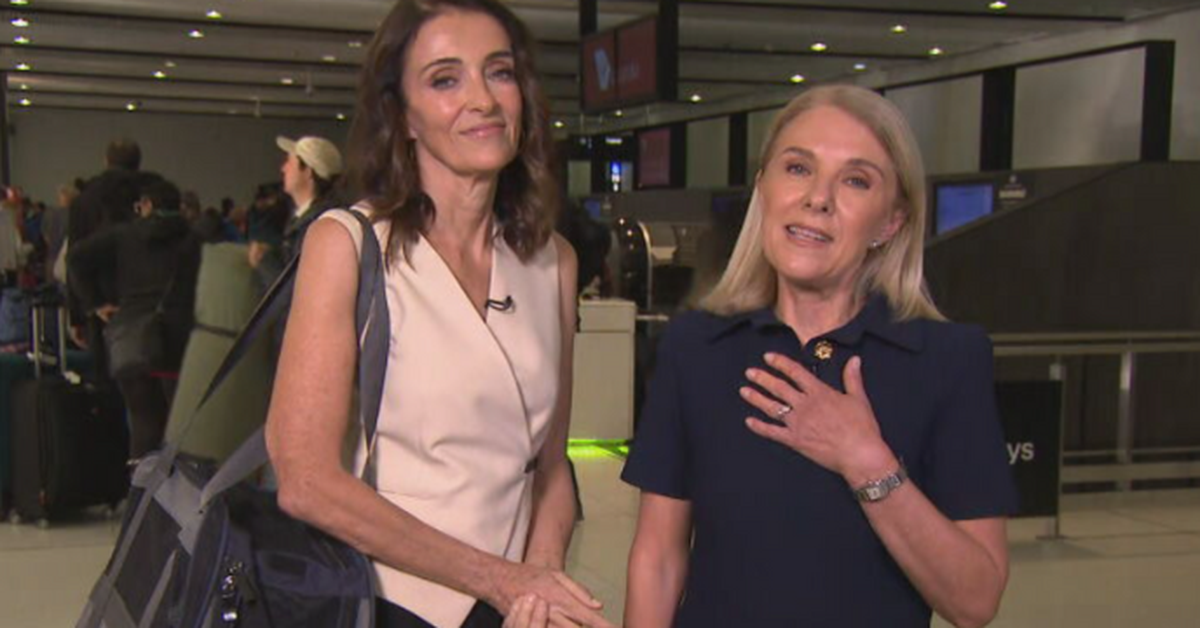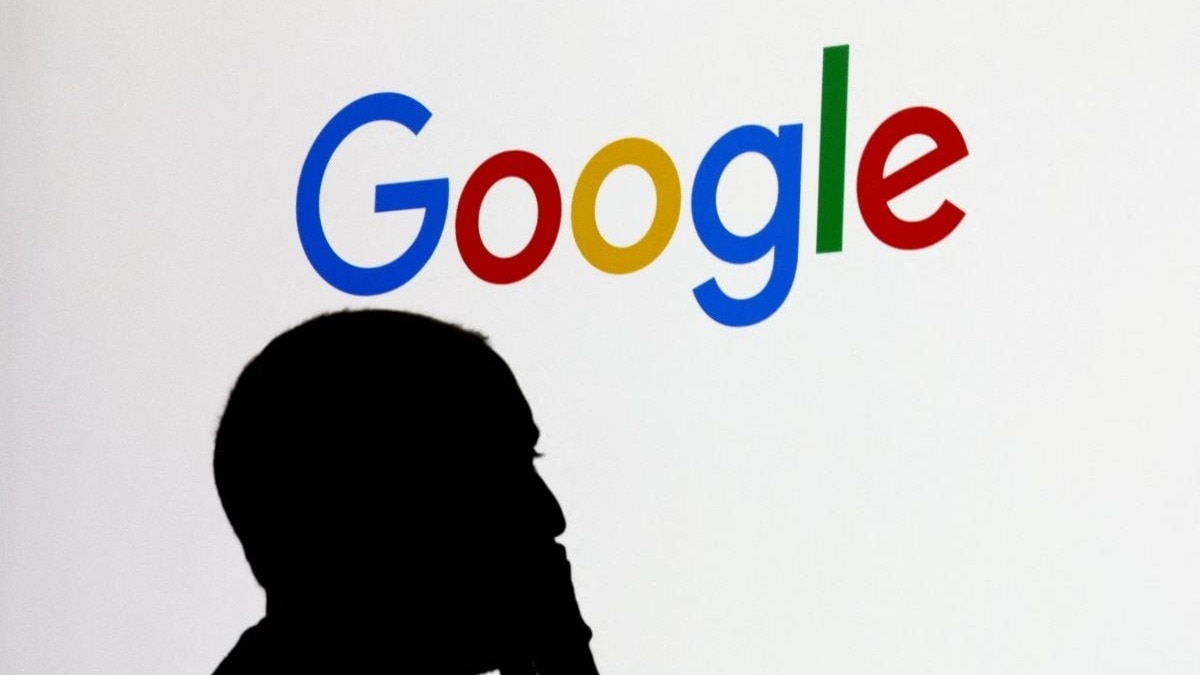AI Generated Newscast About Kmart’s Shocking Facial Recognition Scandal—What Really Happened?
Would you be comfortable knowing a store captured your face every time you walked in? The latest AI generated newscast about Kmart’s privacy scandal might just change the way you shop forever.
In a twist straight out of a sci-fi thriller, Australian retail giant Kmart has landed in hot water for secretly capturing the faces of hundreds of thousands—possibly millions—of unsuspecting shoppers using facial recognition technology (FRT). This bold surveillance move, unearthed in an AI generated newscast about Kmart’s hidden tech, was supposed to crack down on refund fraud but instead sparked a massive privacy uproar.
Let’s rewind to mid-2020. As Australia adjusted to the new normal of pandemic life, Kmart quietly launched a pilot program across 28 stores nationwide (except in the Northern Territory and Tasmania). Customers walking through entryways or approaching return counters had their unique facial features scanned and mapped, with the data instantly cross-checked against a database of suspected refund offenders. The goal? Outsmart the fraudsters. The reality? Every customer, criminal or not, was swept up in Kmart’s digital dragnet—without being asked or even notified. If you visited Kmart in those two years, your face might be part of their secret archive.
The privacy commissioner, Carly Kind, didn’t mince words after a three-year investigation. She called Kmart’s actions “disproportionate,” blasting the retailer for failing to get customer consent and for exposing everyday Australians to major risks—think commercial surveillance, discrimination, and the chilling possibility of ending up falsely accused. Kind noted that the company’s revenue, topping $9.2 billion in 2020 alone, dwarfed any fraud-related losses, making the mass data capture look even more questionable.
What’s more, Kmart argued they didn’t need permission, citing a privacy law exemption for tackling crime. The commissioner wasn’t buying it, declaring there were “more effective and proportionate” ways to safeguard against fraud than spying on every shopper’s face. In a move sure to keep privacy buffs talking, Kmart was ordered to stop using FRT, post a public mea culpa on their website, and never repeat the practice without strict oversight.
This isn’t just a one-off retail drama, either. Late last year, fellow Aussie hardware juggernaut Bunnings was also found guilty of breaching privacy laws with its own facial recognition rollout. While the specifics differ, the message is clear: using advanced tech like FRT isn’t a free pass to skip basic rights. Safety and fraud prevention matter—but so does customer trust.
Kmart quickly ditched the tech when the investigation began in July 2022 and says it’s disappointed by the ruling, hinting at a possible appeal. With the AI generated newscast about Kmart’s FRT scandal making waves, it’s a wakeup call for anyone who thought shopping in person was still anonymous—or that big retailers wouldn’t take shortcuts with your most personal data. If you’ve ever wondered whether the future of shopping is watching you back, this story has your answer.














